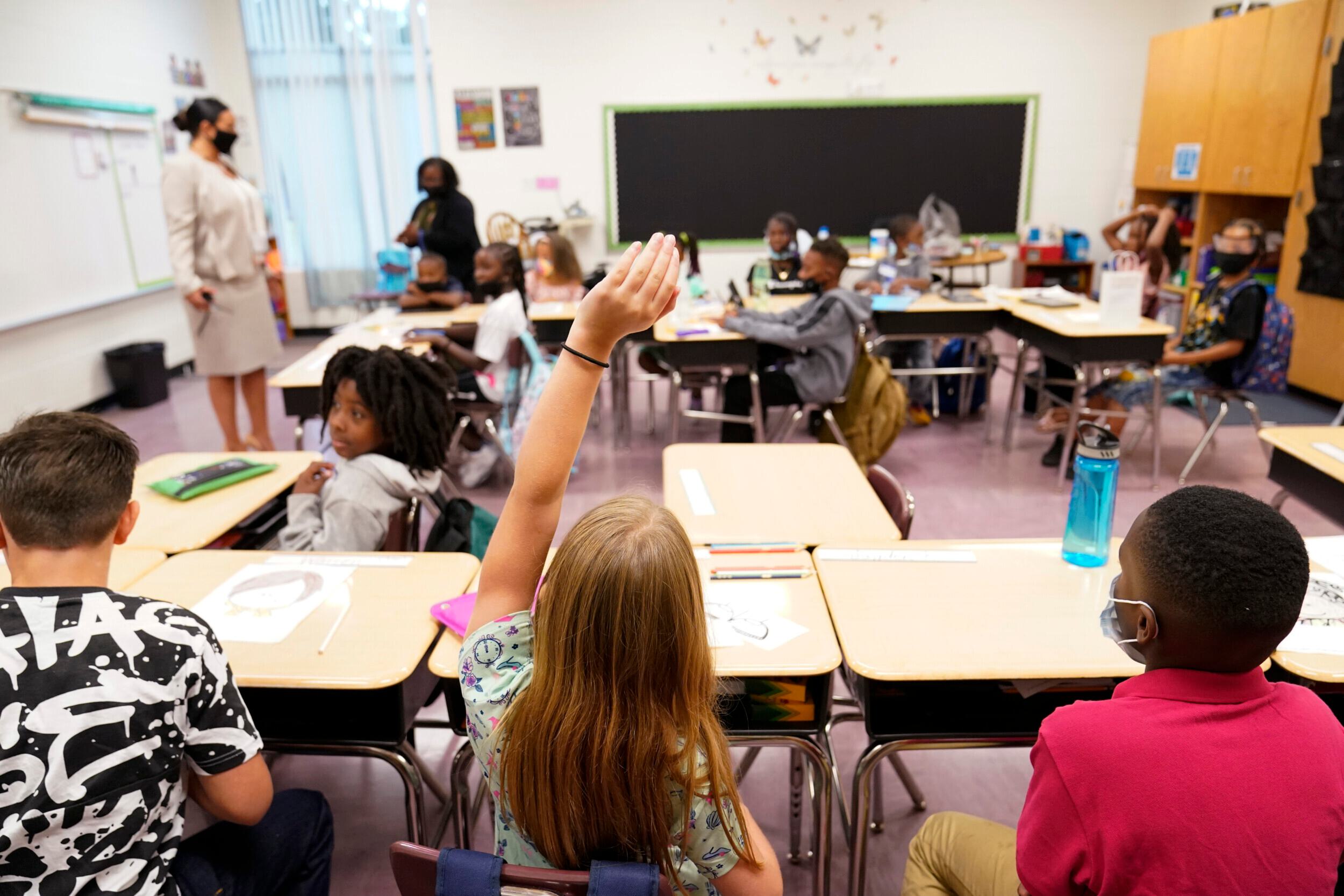Alabama State Department of Education director of communications Dr. Michael Sibley said March 13, 2020 was the day a previously distant thought became a reality.
Then-President Donald Trump declared a National Emergency, and schools were suddenly closed.
“It was the single biggest break in instruction that the nation has ever experienced,” Sibley told 1819 News.
Alabama schools were already struggling with academics. The National Assessment of Educational Progress (NAEP) ranked the state last in the nation. With the added challenges from COVID, Sibley said Alabama schools handled the challenges better than many other states.
“Things are well, things are going well,” said Sibley. “We are cautiously optimistic in Alabama and things seem to be heading in the right direction.”
The NAEP released the Nation’s Report Card looking at fourth and eighth graders in 2022 and compared them to the 2019 results. The 2022 numbers showed the average mathematics score for fourth graders decreased by five points and was lower than it had been since 2005. For eighth graders, the average fell by eight points.
In Alabama, eighth graders saw a five-point decrease in math and a two-point drop in reading.
Fourth-grade math scores stayed the same in 2019 and 2022, but reading scores increased from 212 in 2019 to 213 in 2022.
While Alabama stayed below the national average, the state did climb in the rankings.
“This is an indicator that our kids held on pretty strong compared to the rest of the country and better on that last NAEP assessment,” Sibley added. “So, we think we’re doing pretty good. We have a long way to go. We’re 40th now, which is way better than 52nd, but nowhere near where we want to be.”
Sibley said Alabama did better than other states shut down longer during the pandemic.
“One of the things that we did under the leadership of Gov. Ivey, is Alabama, we got our kids back in the classroom as soon as possible,” said Sibley. “We believe making sure our kids got back in school made an impact by giving them in-person instruction. The vast majority of our schools did that and we feel like that played a significant part in the fact that we didn’t fly backward as much as most states did in that 2022 NAEP.”
The portion of the Alabama Literacy Act that would require some third-grade students to be held back if they are not reading at grade level was postponed during COVID but will be in effect for the 2023-2024 school year.
About 22%, or 12,843, students scored below grade level on an assessment this year, but that does not mean all those students would have been held back. Enrichment programs are in place to reduce the number of students unable to read at grade level. There are also good-cause exemptions for students with cognitive impairments or other unique challenges.
Sibley said the silver lining to the pandemic is federal funding that came to the state’s education system due to COVID.
To connect with the author of this story or to comment, email erica.thomas@1819news.com.
Don’t miss out! Subscribe to our newsletter and get our top stories every weekday morning.










